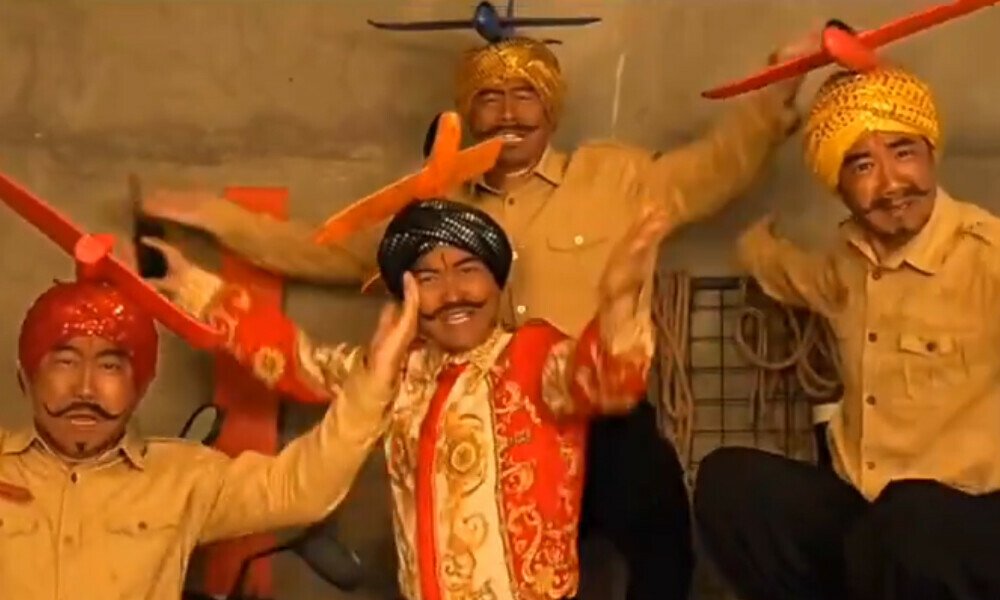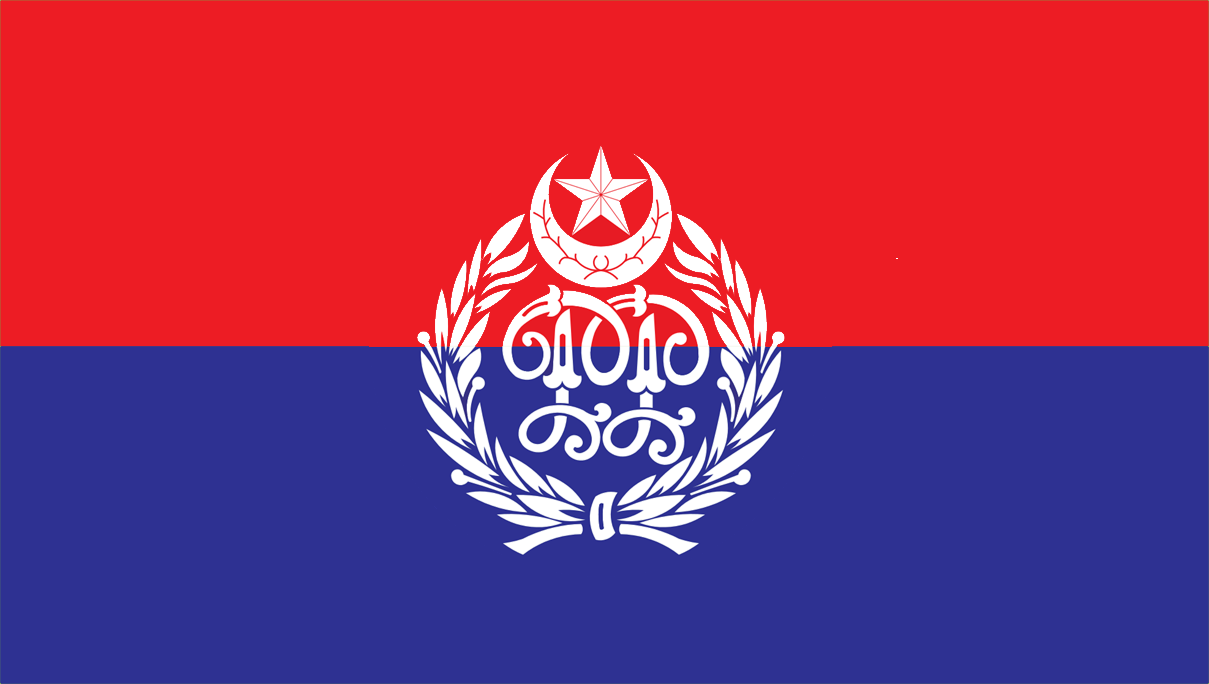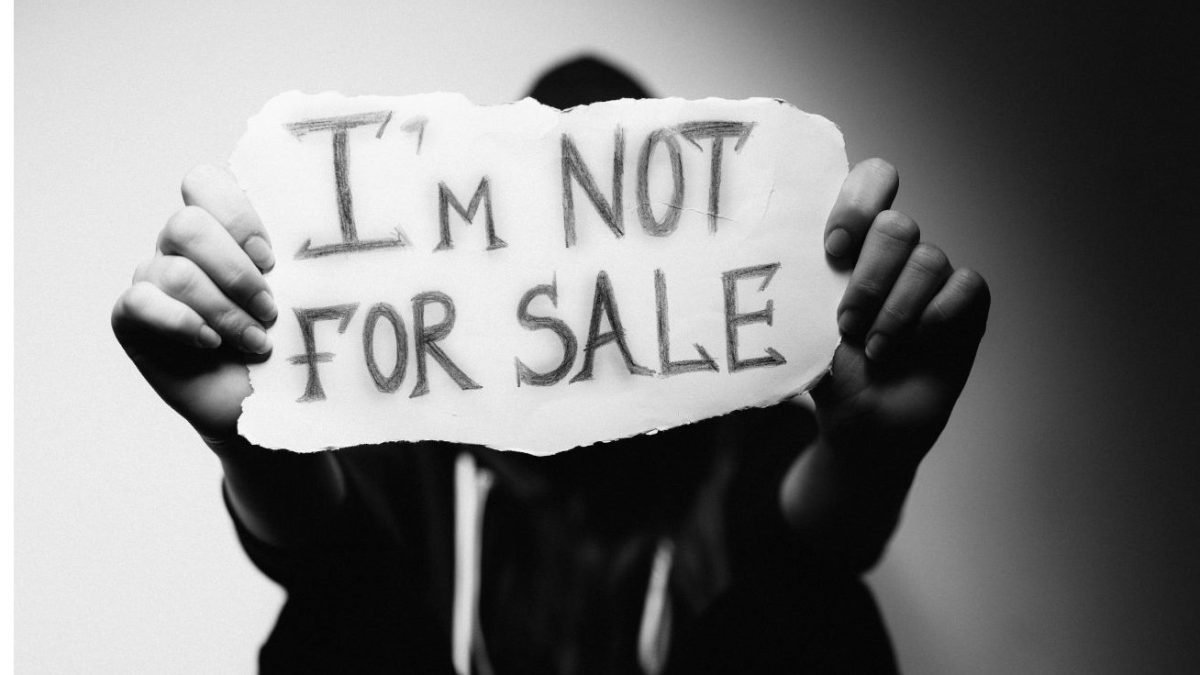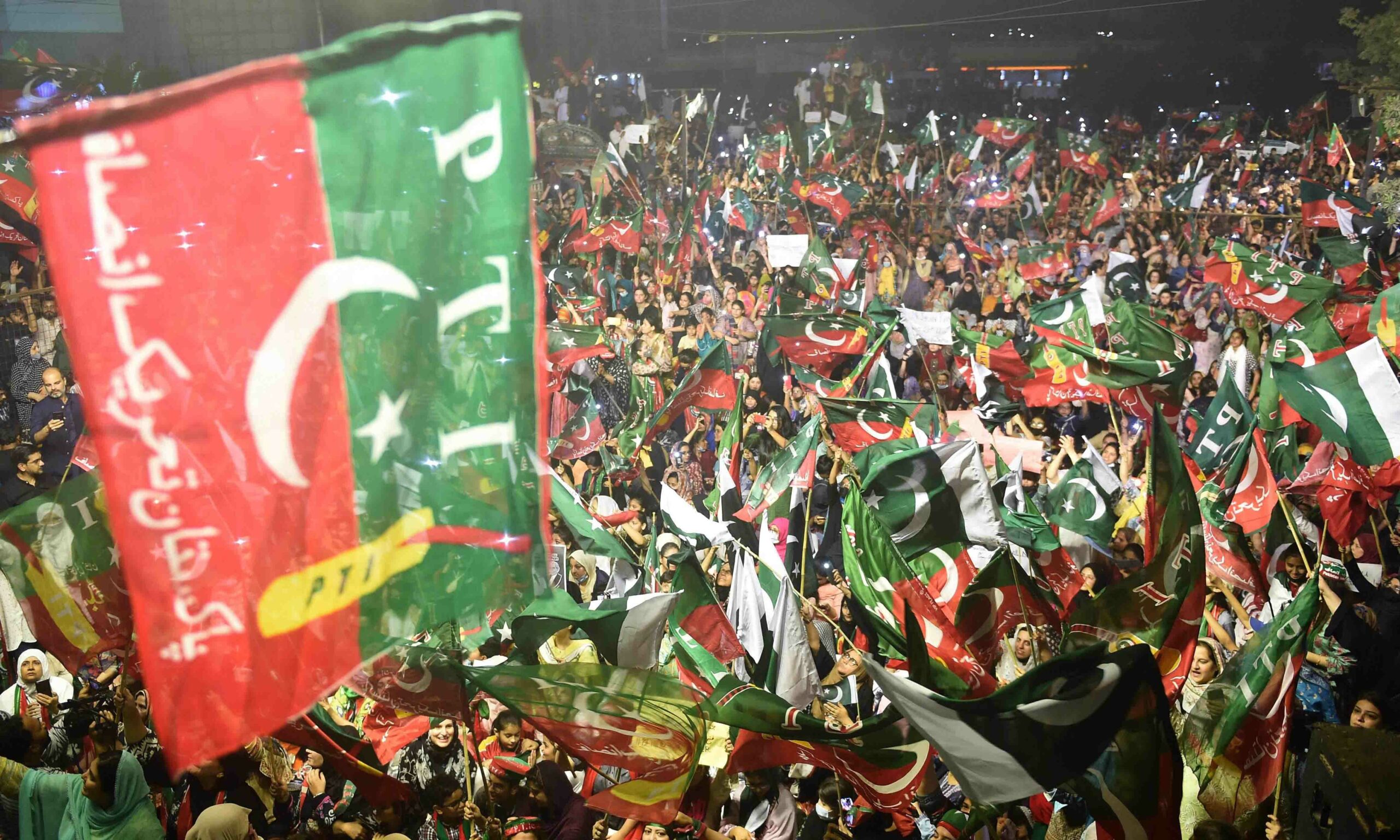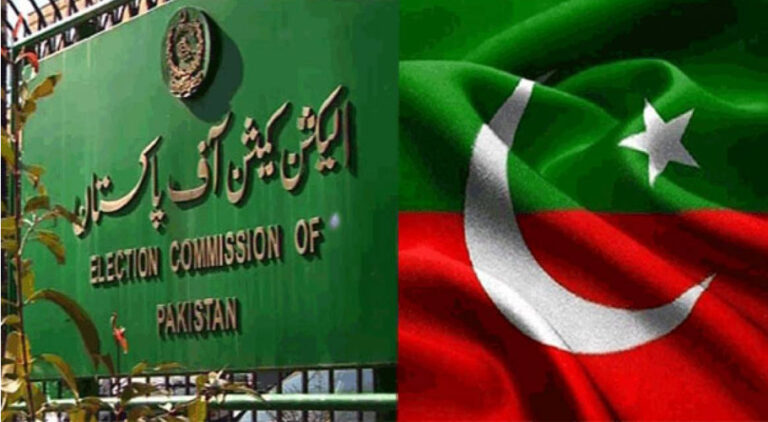Abdullah Kamran
As tensions between Pakistan and India escalate once again—this time with both sides flexing their military might—another battle has unfolded in cyberspace. And if there’s one thing clear from the latest round of online skirmishes, it’s that Pakistani social media users have completely dominated the meme wars, proving their sharper sense of humor, creativity, and, surprisingly, restraint, compared to their Indian counterparts.
The spark that lit the latest meme explosion came when Pakistan’s Air Force, flying Chinese-made J-10C fighter jets, successfully shot down at least two Indian military planes, one of which was a French-made Rafale. While India flatly denied losing any jets—claiming instead that it had struck terrorist hideouts inside Pakistan—social media users were having none of it. Pakistani netizens quickly seized the moment, turning what could have been a grim narrative into a showcase of humor, wit, and subtle trolling.
What set Pakistan’s meme game apart this time was not just the sheer volume but the cleverness with which they framed their content. Within hours, hashtags like #J10C and #رافیل_ہوا_فیل (which roughly translates to “Rafale flopped”) were trending across Pakistan’s X (formerly Twitter), Facebook, and Instagram. The memes that followed were a masterclass in comedic timing and cross-cultural references—drawing inspiration from Bollywood scenes, cricket rivalries, and classic Pakistani humor staples.
One viral meme, for instance, featured the iconic Bollywood actor Akshay Kumar from his film Hera Pheri, edited to depict him as an Indian defense official desperately making excuses about “missing” fighter jets. Another cleverly showed the Rafale jet edited into the famous Pakistani drama scene where a character yells, “Yeh bik gaye hain!” (“They’ve sold out!”), mocking the perceived underperformance of India’s much-touted aircraft.
But beyond just making people laugh, Pakistani users displayed a level of grace and maturity that was noticeably lacking on the other side. While Indian social media was rife with hyper-nationalist rants and aggressive chest-thumping, Pakistanis balanced their mockery with a tone that was light-hearted and mostly free of hateful invective. In doing so, they not only entertained but also showed how humor can defuse tension and offer a moment of relief in fraught times.
The meme barrage also highlighted an interesting contrast in how each country’s social media community processed the unfolding events. Indian users, caught off guard by the news, scrambled to defend their narrative, often with clunky Photoshop jobs and forced humor that felt more like damage control than genuine wit. Meanwhile, Pakistani users seemed to have prepared for this moment, churning out meme after meme that not only made fun of the military clash but also poked fun at themselves, showing a level of self-awareness that added to their credibility.
What’s particularly noteworthy is how Pakistani humorists leveraged international angles, especially the involvement of Chinese-made J-10C jets and European-made Rafale fighters. Memes riffed on China’s growing defense ties with Pakistan and even dragged in the US and European defense industries, giving the jokes a global flavor that resonated widely online. This international spin also turned the meme war into more than just a local rivalry—it became a stage where Pakistan’s social media savvy was on full display to the world.
Please subscribe to the YouTube channel of republicpolicy.com
And it’s not just about who had the funnier memes. Pakistani users displayed a nuanced understanding of global geopolitics and military technology, seamlessly blending humor with sharp commentary. For example, one meme depicted the PL-15 missile (reportedly used by Pakistan) and the European Meteor missile in a boxing ring, complete with stats and playful jabs about whose technology had “won” the dogfight. Others took more creative angles, comparing the aerial clash to a cricket match—a sport both nations are obsessed with—where Pakistan was clearly “batting India out of the skies.”
This creative output hasn’t gone unnoticed. International observers and defense analysts, while focusing on the technical aspects of the aerial engagement, have also remarked on the “memetic warfare” that erupted online. Some even praised how Pakistani users turned a high-stakes, nerve-wracking situation into a moment of levity that drew attention away from the anxiety of potential further escalation.
It’s important to note that memes and humor play a bigger role than just entertainment during times of conflict. They shape public perception, influence morale, and, in some cases, even steer media narratives. By controlling the online conversation with humor and grace, Pakistani social media users not only boosted national pride but also showed the world that they could handle serious matters with a sense of humor and dignity.
Critics in India, too, couldn’t help but acknowledge the meme barrage, with some even admitting—albeit grudgingly—that Pakistan had outclassed them online. A few Indian commentators lamented their country’s inability to match Pakistan’s meme game, urging their fellow countrymen to learn a thing or two about how to engage in digital banter without descending into toxicity.
In the end, while the military clash between two nuclear-armed neighbors remains a deeply concerning development, the online meme war provided a much-needed outlet for expression and a powerful reminder of humor’s role in national psyche. Pakistan’s social media users didn’t just win the meme battle—they set a standard for how to mix satire, national pride, and good-natured ribbing in a way that was both effective and entertaining.
As the situation between the two nations continues to evolve, one thing is certain: if the online front remains as vibrant and witty as it has been, Pakistan’s meme makers will continue to have the upper hand—not just in humor, but in showing the world how to keep your cool and laugh even in tense times.



